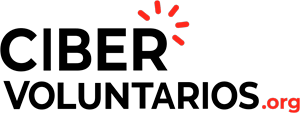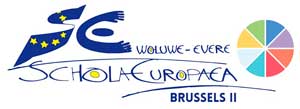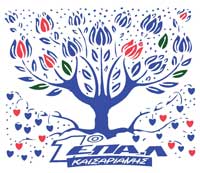
Final meeting of all DoCHECK! partners to conclude the project in Brussels
27/09/2024 Docheck
The partners involved in the DoCHECK! project gathered for the final time in Brussels to conclude the two-year initiative. The project aimed to foster digital and critical thinking skills among young people, parents, and educators, helping them discern between true and false information.
The DoCHECK! project held its final meeting in Brussels on Monday, September 23, where the six European partners gathered to officially close the project. Although the initiative is ending, all resources created will remain available for free on the website, ensuring access for students, educators, and families interested in enhancing their digital literacy and ability to identify misinformation online. During the meeting, the partners reviewed the project’s achievements, its impact on the educational community, and discussed collaboration strategies to ensure the continued dissemination of the materials beyond the project’s official closure.
DoCHECK! focused on empowering European youth aged 14 to 18, along with their families and educators, to develop critical thinking and media literacy skills. The project provided engaging and accessible educational resources that promoted these skills while also fostering civic engagement and participation. During the final meeting, the partners reviewed the achievements of the project, its impact on the educational community, and strategies for continued dissemination of the materials beyond the official conclusion of the project.
The Partners
The event brought together the six project partners: Fundación Cibervoluntarios (Spain), EPAL Kaisarianis (Greece), European School of Brussels II (Belgium), Centro Culturale Francesco Luigi Ferrari (Italy), WeSchool (Italy), and Newtral (Spain).
About DoCHECK!
DoCHECK! is a European Union-funded initiative with the mission to empower young people to be critical and reflective users of the digital environment. Through its resources, the project aimed not only to combat misinformation but also to promote online safety and foster active civic participation.










